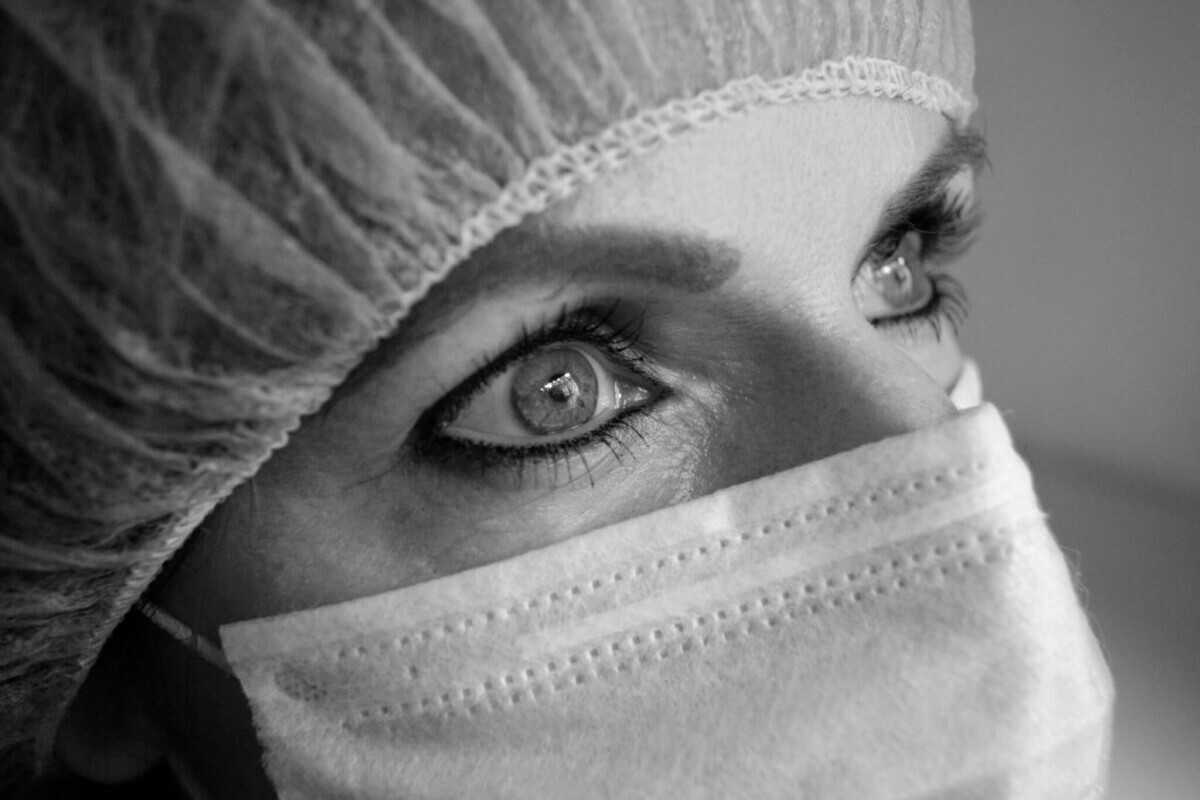
PHILADELPHIA — Working nights can be difficult for many people to get used to, but there's even more reason now for women to avoid jobs that requires overnight hours. A recent study finds that women who work night shifts in many different industries may carry a higher risk of certain types of cancer, according to the the American Association for Cancer Research (AACR).
Dr. Xuelei Ma, an oncologist at Sichuan University in China and co-author of the research, analyzed whether working nights was associated with 11 different types of cancer. Ma and her team analyzed data from 61 articles covering nearly 115,000 cancer cases and more than 3.9 million participants from North America, Europe, Australia, and Asia.
The authors found that overnight work increased the chances of developing cancer by 19% overall in women, according to the analysis. More specifically, night workers had a 41% increased chance of contracting skin cancer, 32% risk of breast cancer, and 18% risk of gastrointestinal cancer compared to women who don't work overnight. They also found that one's risk of breast cancer jumped 3.3 percent for every five years of nightside work.
“Our study indicates that night shift work serves as a risk factor for common cancers in women,” says Ma in an AACR release.
Interestingly, the increased odds for breast cancer was only seen in women in North America and Europe.
“We were surprised to see the association between night shift work and breast cancer risk only among women in North America and Europe,” admits Ma. “It is possible that women in these locations have higher sex hormone levels, which have been positively associated with hormone-related cancers such as breast cancer.”
The researchers also looked at data from women who worked as nurses to investigate any links between those who work the late shift and six different types of cancer. For the segment, nightside nurses were 58% more likely to develop breast cancer, 35% more likely to develop gastrointestinal cancer, and 28% more likely to develop lung cancer. Nurses also registered the highest rate of breast cancer compared to any other night job.
“Nurses that worked the night shift were of a medical background and may have been more likely to undergo screening examinations,” noted Ma. “Another possible explanation for the increased cancer risk in this population may relate to the job requirements of night shift nursing, such as more intensive shifts.”
The authors say their work clearly shows the need for better health programs for women working night shifts, and suggests women who haven't visited their primary care physicians for regular checkups do so now.
“These results might help establish and implement effective measures to protect female night shifters. Long-term night shift workers should have regular physical examinations and cancer screenings,” says Ma.
The full study was published in the January 2018 edition of AACR's journal, Cancer Epidemiology, Biomarkers & Prevention.










